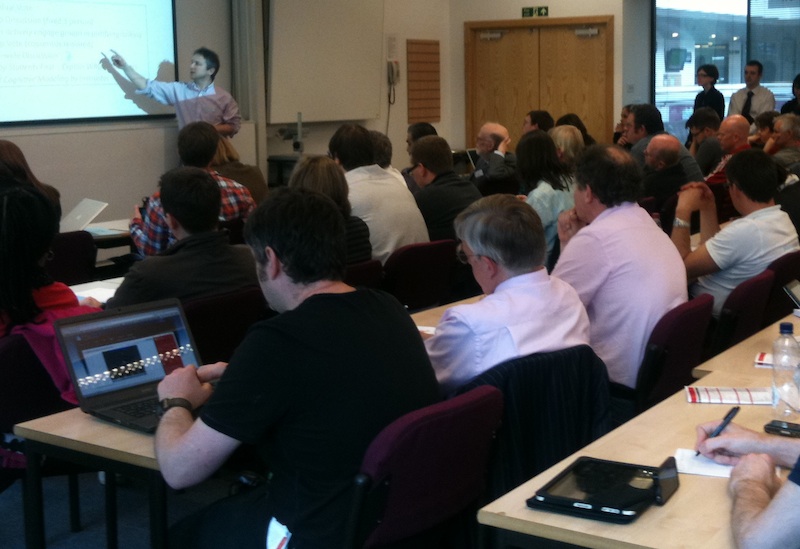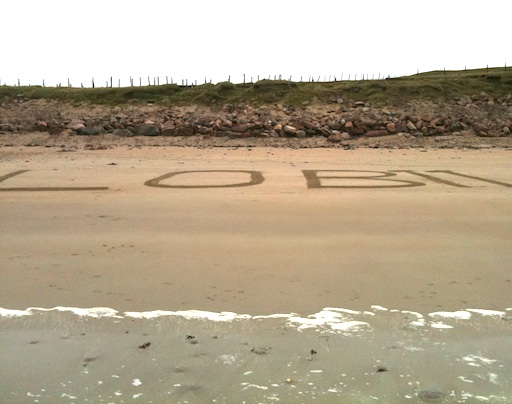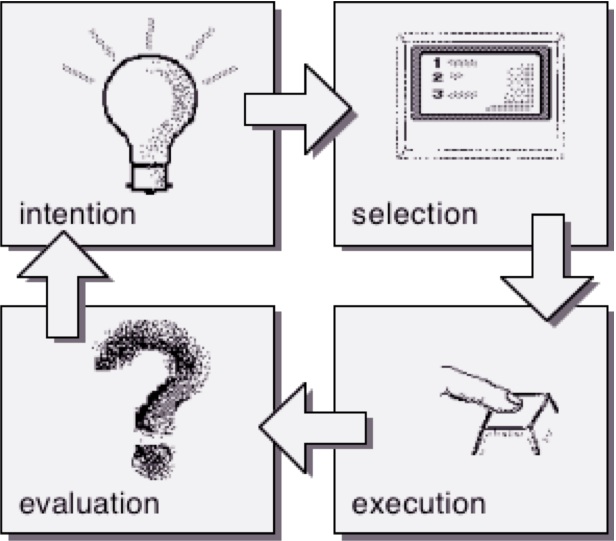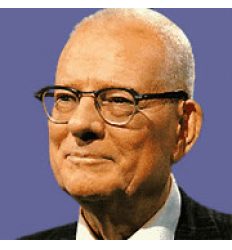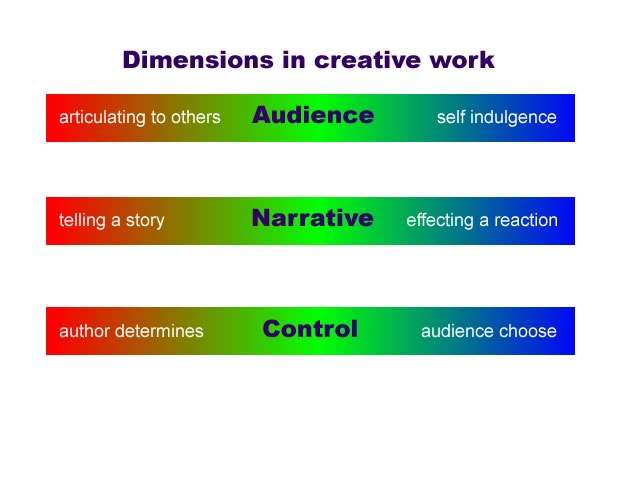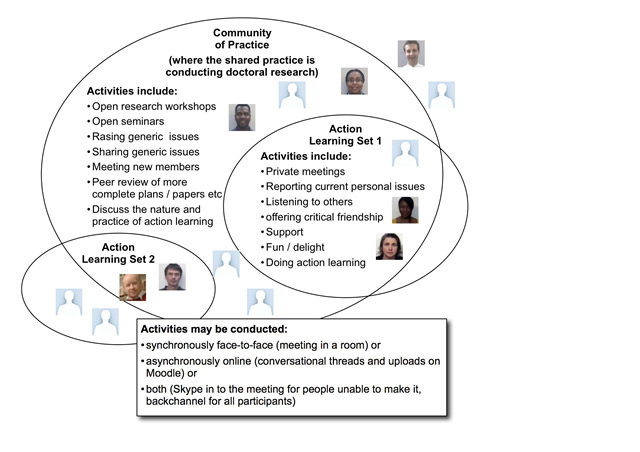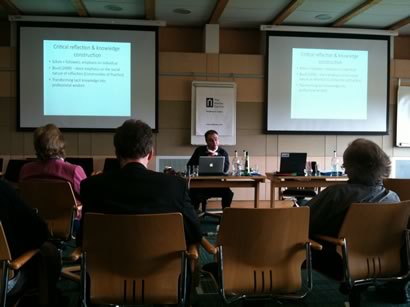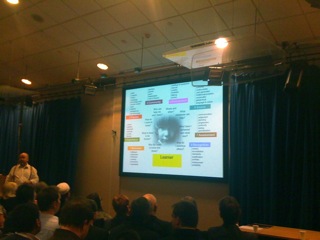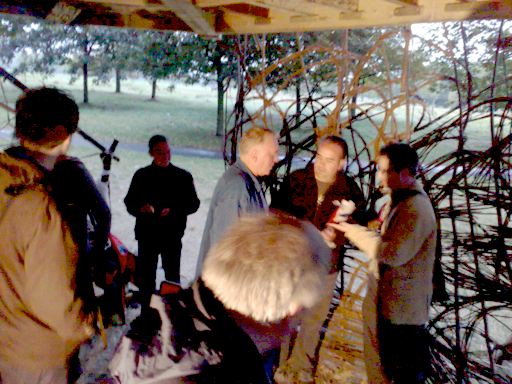
I have just read Derek Wenmoth’s blog ‘The Wrong Drivers‘ in which he comments on Michael Fullan’s concerns that we are pursuing ineffective school improvement strategies.
Much as though I find it easy to support Michael Fullan’s ideas for the right drivers, Derek Wenmoth’s commentary and Darren Sudlow’s comment, I am not so clear how to overcome the contradictions between a society’s call for accountability and the huge value of open and transparent data as a means of directing improvement in education.
In the UK we are being driven to the mistaken belief that a market should exist for education at every level. If so, in order for this market to operate properly, the consumer needs to know who is selling the best value product. Unfortunately we don’t fully understand how educational quality is defined, in a way that can allow effective comparison, nor are we clear what price it is to the community (unless we buy private education). The consumer is persuaded to make judgements based on a muddled and (old) fashion-conscious set of beliefs, with narrow and misleading data sets.
This position has encouraged the development of ‘free schools’ (charter schools) based on parental demand rather than community need, but paid for by the community. Recently, one such secondary school is being proposed on the site of the closing Sawyers Hall College, a comprehensive secondary school which is closing this August and of which I am a governor here in Brentwood.
Over the last decade I have witnessed at first-hand the long and detailed deliberation about what our community in Brentwood needs and the extensive efforts to find sponsors for the kind of learning provision identified. One outcome was the realisation that there were too many schools for a declining demographic and so after consultation an agreed, supportive and professional school closure has been carried out over three years with an emotionally moving focus on safeguarding children’s well-being. The new free school proposal takes no notice of this in any way.
In fact the new free school is not needed by the community as a whole, has the wrong mix of values and educational provision and will cause another school closure if successful – or its own if not – causing further expense and disruption to the community. My concern about this has lead to the formation with four others of the Educating Brentwood group, who are trying to hold educational developments in Brentwood to account (and highlight good practice). For further reading, my response to its unprofessional and poorly reported consultation is appended to this post. I believe the parents who are behind this new school are persuaded that schools in Brentwood are inadequate, and that the only way to improve their children’s life chances is to demand a new school. The basis for this is false evidence of failure in current schools in Brentwood (the closing school recently received outstanding judgements from OFSTED), naivety and a deep selfishness – ironic when the school is proposed as a church school.
Darren’s call in his comment on Derek’s blog to “make the learning visible to the community” will only help if the institution is seen and trusted as an important partner in whole community development, as Keri Facer suggests, rather than a service to that community.
I suggest that institutional leaders must move from building their organisation as a coherent community in its ivory tower, to becoming more incoherent but embedded locally and in solid partnership with all other institutions in the neighborhood, committed to raising mutual quality hand-in-hand. Parents may then believe that their child’s future is solidly safe in the school most convenient to reach, because all schools in the neighborhood are working together to facilitate the transformation of that most precious of society’s assets – the child.
This call for incoherence and embeddedness challenges the orthodoxy of competitive institutions, walled-in shiny buildings, safeguarding policies, militaristic uniform, faux community engagement (seen as a kind of missionary work), technological firewalls and many other outward signs of institutional power, but not at the expense, one hopes, of the value of the family that school offers and the focus on knowledge sharing & acquisition as an end in itself.
What if there was only one educational institution in Brentwood for all learners and trainees of any age and say like Cambridge University, you attended and ‘lived’ in a college that was modest in size, local to you, but part of that larger institution with its comprehensive opportunities?
Perhaps we can learn from the best university in the world – I think the benefits are obvious.
APPENDIX
My Response to Becket Keys, Brentwood Consultation
20th April, 2012Dear Sir/Madam
I am respondng as an individual, I am a governor at Sawyers Hall College and the parent of three children.
I am also a Reader in the Institute for Educational Cybernetics (sustainable education systems) at the University of Bolton and a Director of a nonprofit education consultancy based in Brentwood.
My postcode is CM15 9BZ.
QUESTION 1: Should Becket Keys enter in a Funding Agreement with the Secretary of State?
NO
QUESTION 2: Please give reasons
The Secretary of State should not enter into a Funding Agreement with The Russell Education Trust because the impact on other local schools has not been fully evaluated nor publicly shared with the parents whose demand is the basis of the proposal.
As a governor of the closing school in Brentwood, I fully appreciate the detailed care and attention that must be paid to the children and their parents due to the disruption of closing – a process that has carried on over three years. It is vital not to recreate the situation in Brentwood that causes there to be another closure in a few years – it would be ignoring the lessons of recent history and the real need for vocational education that has been established by extensive analysis and consultation over the last ten years.
The Secretary of State should recognise that the proposers of the free school have deliberately misled the public and parents about this, by publishing incorrect information about admissions, overstating the likely continuing admissions at Sawyers Hall College if it were to remain open. In addition they have incorrectly speculated in their publicity to parents on the numbers of children likely to take up places in selective, independent or other maintained schools, contrary to the evidence.
Furthermore they have propagated the popular myth that an academic approach to teaching and learning is in the interests of every child, when it is clear from the research evidence that there is a diversity of learning styles that require a diversity of teaching approaches. The schools in Brentwood already offer clear pathways to academic children, all of them above average in their results. But there is room for improvement, and this is particularly in the area of learning-by-doing. This does not necessarily sacrifice the opportunity to follow academic pathways as the learner matures and gains confidence. There is also a need to improve the mix of vocational education offered in Brentwood as recognised by more than one extensive, professionally run consultation over the last decade. Our country must improve its position as a manufacturing force in the world, but we seem prepared to ignore those children who would be delighted to put their practical intellectual capability into use in learning, and thus develop the high level skills through this route that the country needs.
The company who are promoting this free school, not the instigators and parents who I believe have acted in good faith, have followed a marketing path to make money, with a reckless disregard for Brentwood and indeed the country’s needs. Their credentials to successfully run the school are unclear and are not revealed when asked. The Secretary of State would be ill-advised to risk our taxpayer’s money on such a funding agreement and should recommend to the company involved that they form an independent school and seek private investment, where their record and experience will be examined very carefully by investors before taking such a step.
As a resident of Brentwood, a parent, a taxpayer and a voter – hence an investor of sorts – on the basis of my own due diligence enquiries and their failure to establish any confidence in the proposing company, I can see no merit in the proposal.
Ultimately, I believe they have established an inflated parental demand on false information – a practice that no reputable business in Brentwood High Street would get away with for long.
QUESTION 3: Should Becket Keys adopt the proposed 2013 Admissions Policy without any further changes?
NO
QUESTION 4: Please give reasons
The admissions policy is over-complicated, will confuse and ultimately obscure the basis for admissions. The schools chosen are not all the closest to the site and it is a significant omission to ignore the demands of parents at St Mary’s Shenfield.
QUESTION 5: I would like to suggest the following change(s) to the proposed 2013 Admissions Policy.
The Admissions policy and its catchment area must be rejected and rethought.
Richard Millwood






